Latest Raspberry Pi Zero W Wireless Pi 0 with WIFI and Bluetooth 1GHz CPU 512MB RAM Linux OS 1080P HD video output free shipping
125 in stock
£48.80 £99.60
125 in stock
Latest Raspberry Pi Zero W Wireless Pi 0 with WIFI and Bluetooth 1GHz CPU 512MB RAM Linux OS 1080P HD video output free shipping
Item Description:
What is the Raspberry Pi Zero W?
Now with WiFi! Not to be mistaken with the standard Raspberry Pi Zero, this new model has WiFi and Bluetooth built in!
Raspberry Pi Zero W (Wireless) Details:
- BCM2835 (same as Pi 1) but up-clocked to 1GHz, so 40% faster
- 512MB RAM
- Mini HDMI
- USB On-The-Go port
- Micro USB power
- HAT-compatible 40-pin header
- Composite video and reset headers
- CSI camera connector
- 802.11b/g/n Wireless LAN
- Bluetooth 4.1
- Bluetooth Low Energy (BLE)
Technical Specifications:
CPU: Broadcom BCM2835, which can run at up to 1GHz.
RAM: 512MB
Power: 5V, supplied via micro USB connector, drawing 160mA (even when connected to an HD display).
Dimensions: 65mm x 30mm x 5mm
Video & Audio: 1080P HD video output. Audio output via mini-HDMI connector.
Storage: MicroSD card.
Operating System: Linux, installed via NOOBS.
Inputs and Outputs:
MicroSD Card Slot: The Pi Zero gets its storage space from a MicroSD card, which you’ll need to install the operating system on.
Mini HDMI: Video output for the Pi Zero is by way of a mini-HDMI connector. In terms of their operation, these connectors perform identically to their larger versions. N.B. A mini-HDMI to standard HDMI adapter is included with the Pi Zero from element14.
Micro USB: You’ll notice there are two micro USB connectors on the Pi Zero. One is for data (the connector on the left, if the MicroSD card slot is on the left), and one is for power. Don’t get them mixed up. A micro USB “On the Go” to USB adapter is included with the Pi Zero from element14 so you can connect a USB hub, and therefore all your peripherals (keyboard, mouse etc).
GPIO: The Pi Zero has the same 40 pin General Purpose Input/Output connections as the Model A+, B+ and RPi2, but the connector pins are unpopulated. So if you want to use the GPIO, you’ll either have to solder the required pins in place, or solder your connections directly to the Pi Zero.
RUN Mode Pins: There are two unpopulated RUN mode pins, which can be used to connect a reset button to the Pi Zero. Again, you’ll either have to add the pins yourself, or solder a button straight to the board.
Composite Video: Here’s an interesting one. There’s an RCA composited video output via two (unpopulated) pins, so you can hook the Pi Zero up to older display equipment that accepts a phono plug as an input.
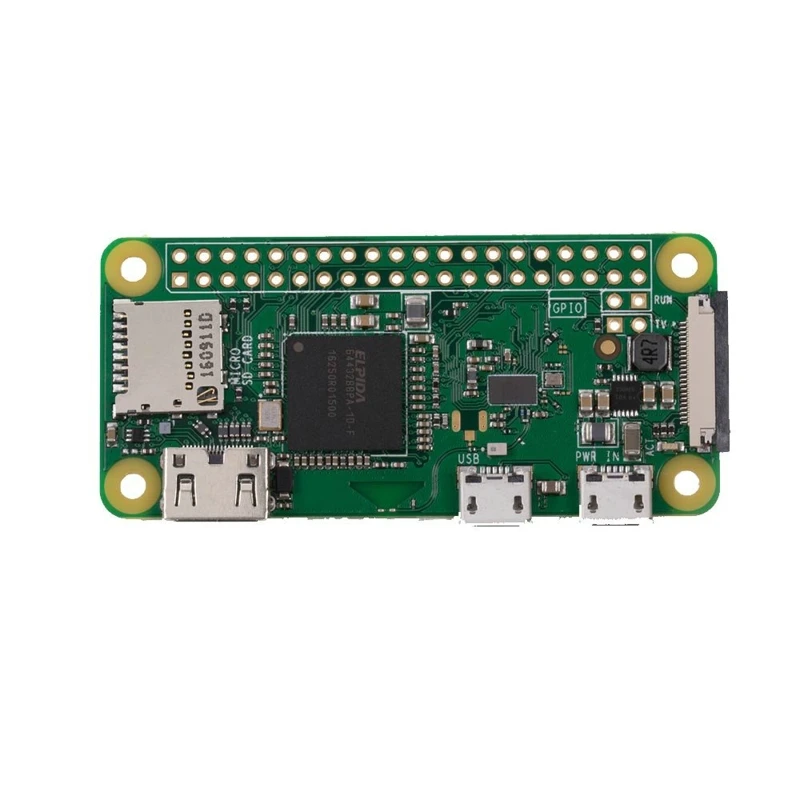
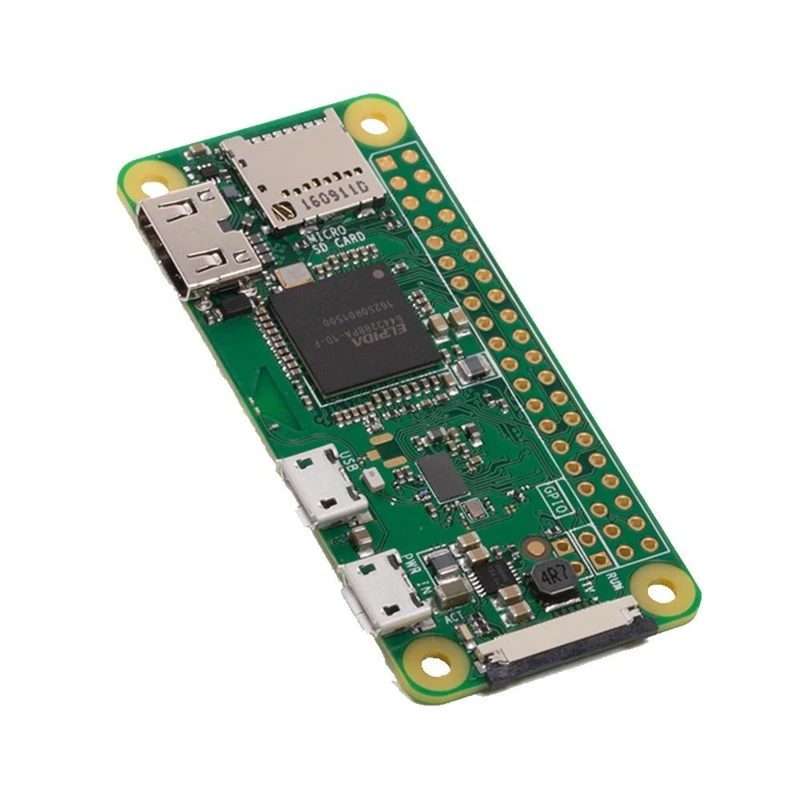
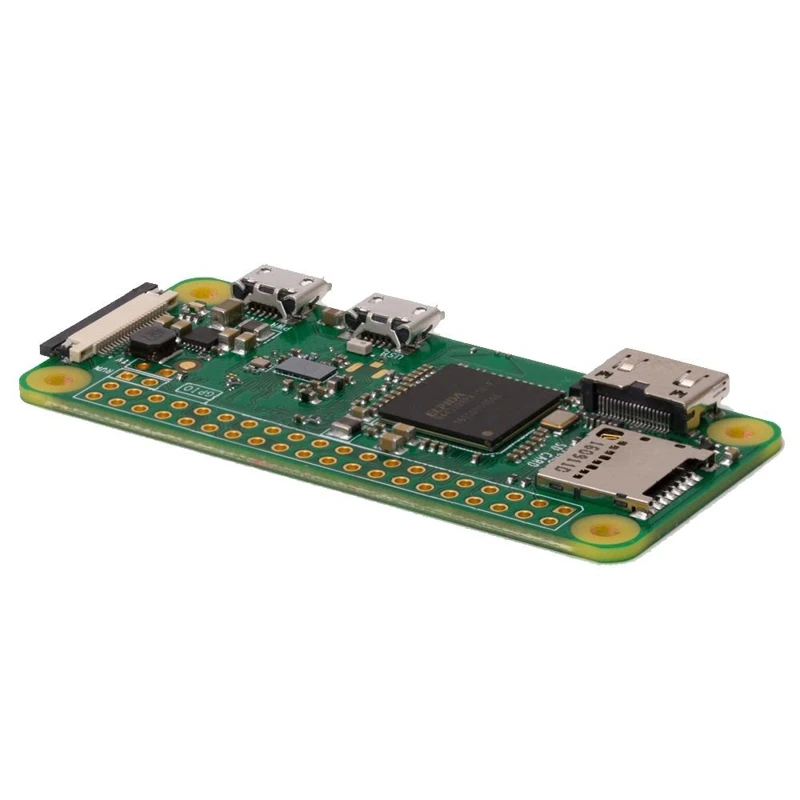
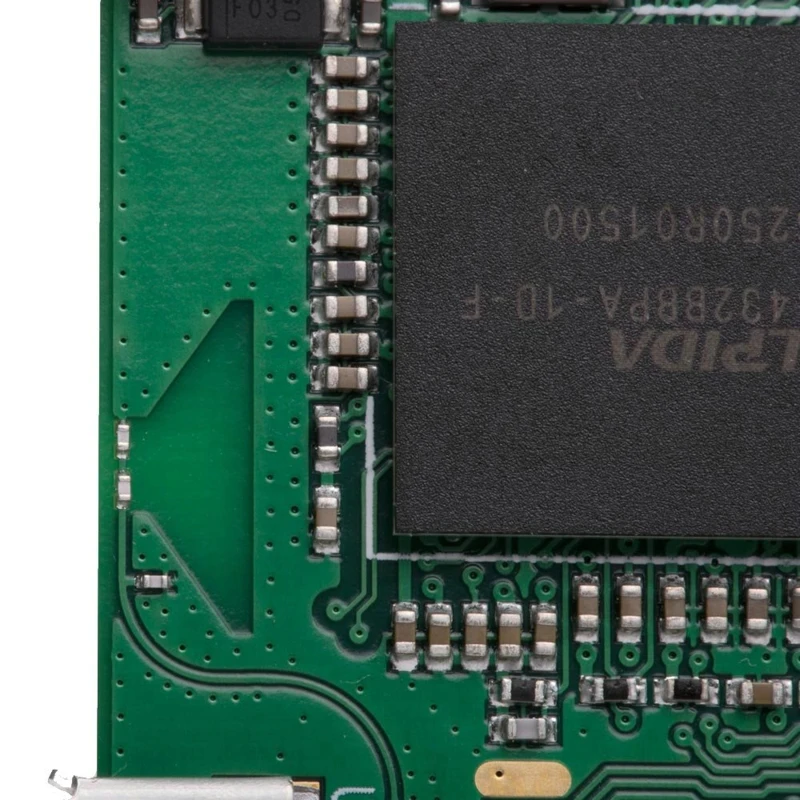


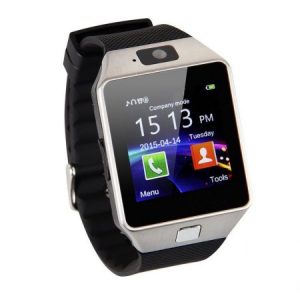



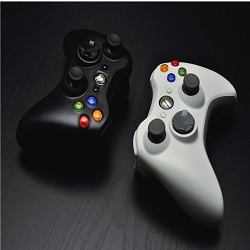
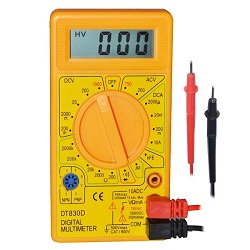
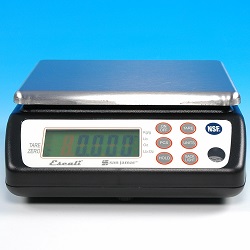
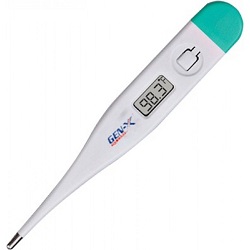
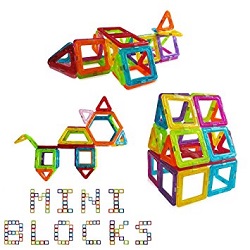
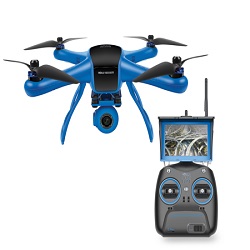





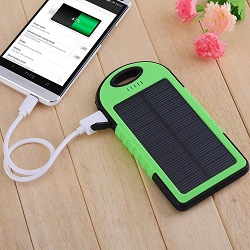
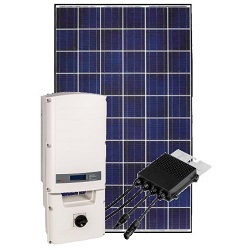

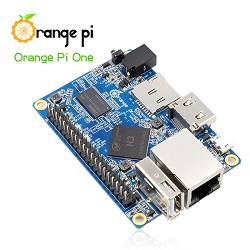
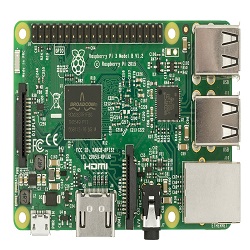
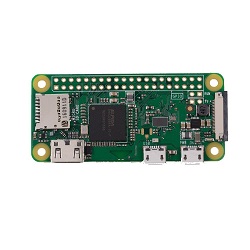













There are no reviews yet.